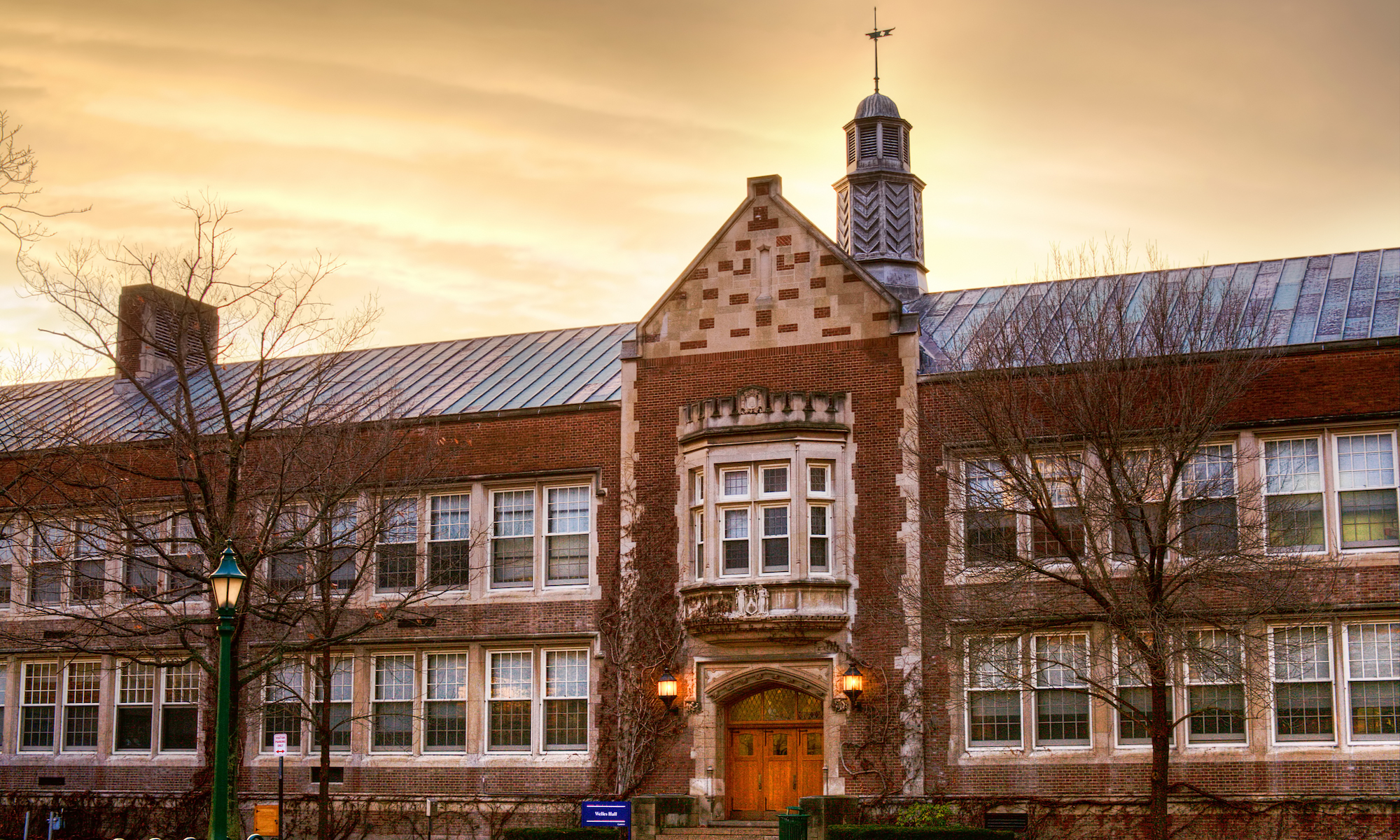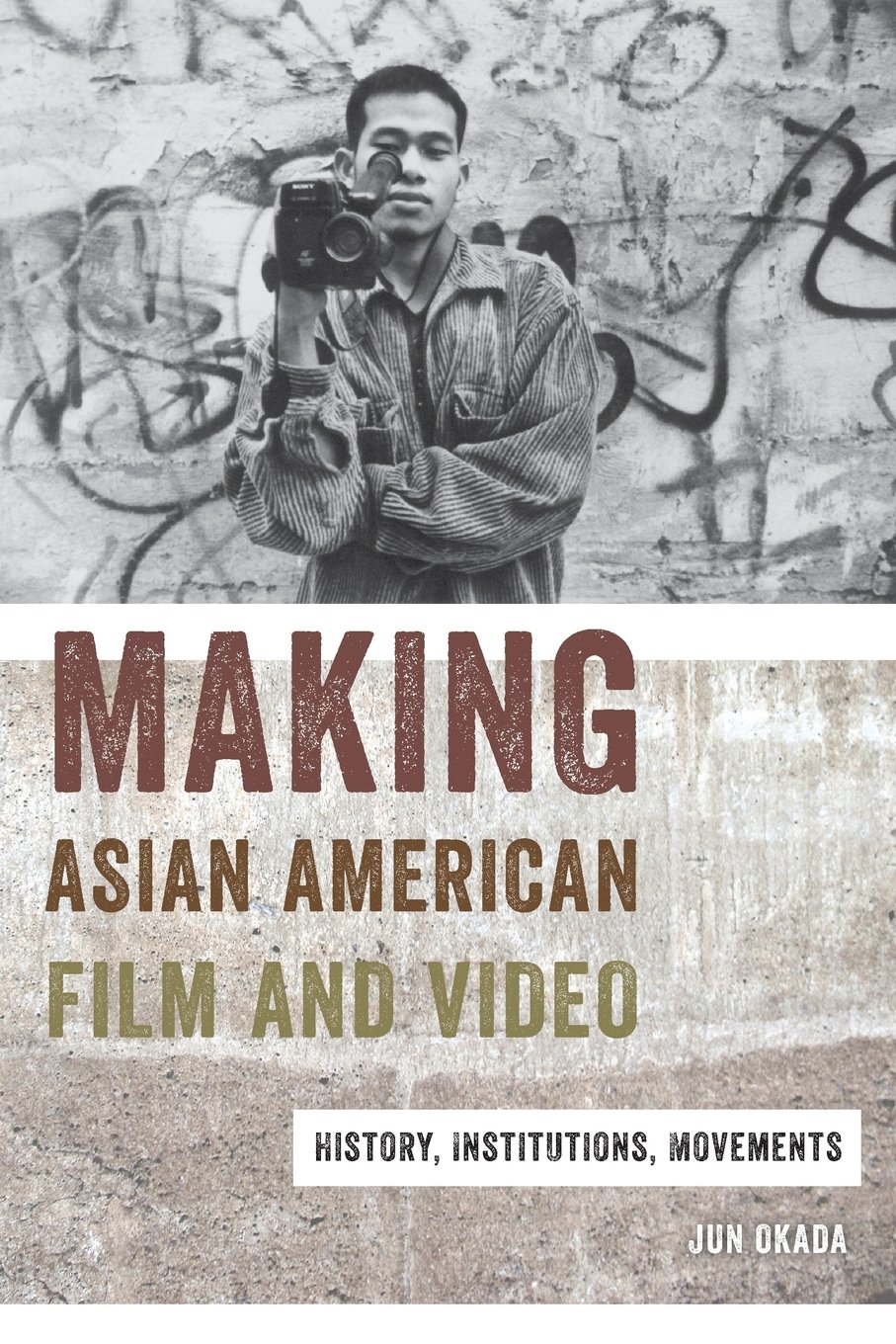Come to the Fringe Festival in Rochester, New York next weekend and see what the English department’s creative writers, filmmakers, and multimedia artists have prepared for your enjoyment! All events are free.
See page 35 of the print Festival Guide for a full listing, including free performances from 11:30 am to midnight on Saturday, September 24. Events include:
- Guerrilla Art: (a student art collective) have prepared a site-specific installation. At the Spiegelgarden, corner of Main and Gibbs Sts, Friday 9/23, 5-11 pm, and Saturday 9/24, 12 noon to 11 pm. Faculty sponsor: Lytton Smith.
- Heirlooms: creative writers reading their work: Sarah Steil, creative non-fiction Oliver Diaz, fiction Evan Goldstein, poetry 3:45 at the Lyric Theatre, 440 Main St at the corner with Prince. Faculty sponsor: Kristen Gentry.
- Filmmakers: Saturday 9/17, 7:15 pm at Spiegelgarden, corner of Main and Gibbs Interaction by Wei Ying Ch’ng Run by Michael MacDonald Saturday 9/24, 7:15 pm at Spiegelgarden, corner of Main and Gibbs She Used to Be Mine by Anna Tailleur Overture by Jason Guisao Arrive early and turn in an ID for headphones. Faculty sponsor: Melanie Blood.
Concessions are available at both the Spiegelgarden and Lyric Theatre. Free parking at Lyric, garage and pay lots near Spiegelgarden.

